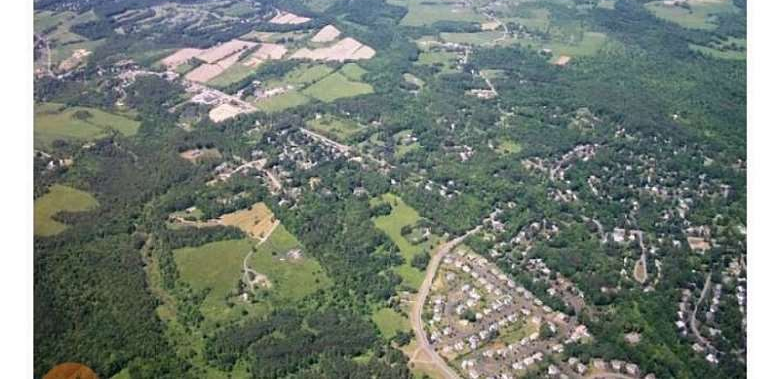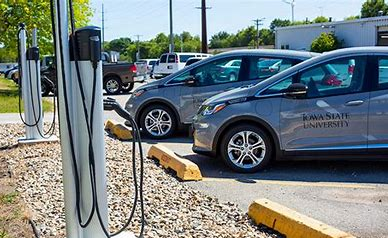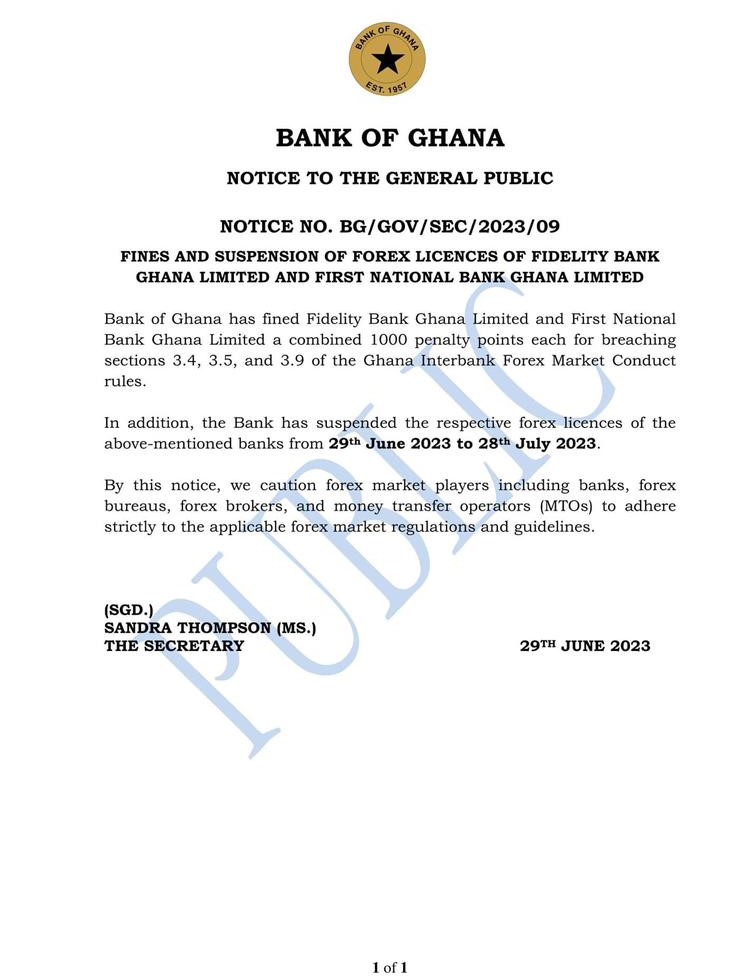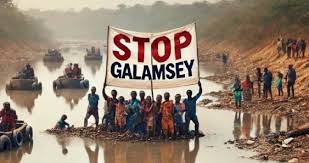Land Grab: Ghanaian Communities Losing Ground to Multinationals, Warns Caritas Ghana Report
Introduction
In a recent study conducted by Caritas Ghana in collaboration with the Alliance for Food Sovereignty in Africa (AFSA), alarming findings were revealed regarding the land rights of Ghanaian communities. The study focused on four rural communities in Ghana where land allocation primarily occurs on a family basis. The results shed light on the detrimental effects of land grabbing by multinational corporations, highlighting the lack of knowledge among community members about the legal frameworks and processes governing land acquisition. This article delves into the findings of the report and explores the implications for Ghanaian communities losing ground to multinationals.
The Alarming Reality of Land Grabbing
Lack of Awareness in Tanchara, Upper East Region
In Tanchara, a community located in the Upper East Region of Ghana, a staggering 73% of community members have no knowledge of statutory agencies, existing legal frameworks, or the processes involved in land acquisition. This lack of awareness leaves them vulnerable to exploitation and manipulation by multinational corporations seeking to acquire land for their own interests. Without understanding their rights and the legal safeguards in place, the people of Tanchara are at a significant disadvantage when negotiating land deals.
Exploitation in Breweniase, Oti Region
Breweniase, situated in the Oti Region, faces a similar plight, with 67% of community members admitting to having no knowledge about land transfers. As a result, these individuals often lease their lands for extended periods without fully comprehending the long-term consequences. Johannes Kofibi, a member of the Breweniase community, aptly described their situation as “digging our own graves and signing our death warrants.” The lack of awareness and understanding surrounding land deals has severe ramifications, leading to adverse socio-economic effects within the community.
Disputes and Loss of Livelihoods
Babator, located in the Savannah region, experienced land disputes after leasing a substantial 5,000 acres of land without a comprehensive understanding of the contractual terms. The absence of proper knowledge and guidance led to conflicts and disagreements among landowners, traditional authorities, and local stakeholders. These disputes not only result in ownership issues but also disrupt the lives and livelihoods of the affected communities. The loss of land can have profound impacts on the youth and women of Subinso, Tanchara, Babator, and Breweniase, depriving them of essential resources for farming and other economic activities.
The Need for Education and Sensitization
Empowering Communities with Knowledge
Dr. Patrick Tandoh-Offin, a Rural Development expert and the lead researcher of the study, emphasizes the urgent need for education and sensitization efforts regarding land acquisition protocols and legal procedures. He highlights the pivotal role of institutions such as the National Commission for Civic Education (NCCE), the Lands Commission, the media, and other stakeholders in disseminating information. By empowering communities with knowledge, they can make informed decisions, safeguard their land rights, and protect their economic well-being.
A Unified Computerized System for Land Management
To address the challenges faced by Ghanaian communities, Tandoh-Offin recommends the establishment of a unified computerized system for land management. This system would serve as a centralized data repository, ensuring transparent and verifiable information regarding land purchases. Moreover, the information should be certified by a neutral third party to instill trust and confidence in the land acquisition process. Implementing such a system would not only streamline land management but also mitigate the risk of fraudulent activities.
The Role of the Ministry of Lands and Natural Resources
Mr. Hope Boye Agbah, a Land Administration Officer at the Ministry of Lands and Natural Resources, acknowledges the lack of knowledge among the general population regarding large-scale land acquisitions. He asserts that this knowledge gap has resulted in the displacement of community members and the loss of their livelihoods. To address this issue, the ministry, in collaboration with the Lands Commission, has developed guidelines for large-scale land acquisition. These guidelines aim to provide clear and accessible information to the public, ensuring that they are aware of their rights and the processes involved in land transactions.
The New Land Act 2020
Mr. Agbah further highlights the ongoing efforts to disseminate information about the recently passed Land Act 2020 (Act 1036). This legislation is designed to address the challenges faced by communities in land acquisition. By spreading awareness of this act, the ministry aims to resolve land acquisition issues and protect the rights of Ghanaian communities. The passage of the new land act signifies a step forward in ensuring fair and transparent land transactions, as well as safeguarding the interests of local communities.
Collaboration for Change
Regina Ignatia Aflah, Chairperson of Caritas Ghana, emphasizes the significance of collective action in addressing the issues of land rights, acquisition, and food sovereignty. The report serves as a testament to the power of collaboration between faith and non-faith actors in effecting positive change. By joining forces, these entities can advocate for the protection of community interests, raise awareness, and promote sustainable land practices that prioritize the well-being of Ghanaian communities.
FAQs
1. What is land grabbing?
Land grabbing refers to the acquisition of large parcels of land, often by powerful entities such as multinational corporations, individuals, or the state, without proper consent or fair compensation to the original landowners. It typically involves forceful or exploitative means, leading to the displacement of local communities and the loss of their land rights.
2. Why are Ghanaian communities losing ground to multinationals?
Ghanaian communities are losing ground to multinationals due to several reasons. One key factor is the lack of knowledge and awareness among community members about the statutory agencies, legal frameworks, and processes governing land acquisition. This leaves them vulnerable to manipulation and exploitation by powerful entities seeking to acquire land for their own interests.
3. What are the consequences of losing land for Ghanaian communities?
The consequences of losing land for Ghanaian communities are significant and far-reaching. Displacement from ancestral lands disrupts the social fabric of communities, leading to the loss of livelihoods and economic opportunities. It can also result in increased poverty, as community members are forced into menial jobs or face challenges in accessing agricultural lands for farming, which is a crucial source of income for many.
4. How does the lack of land documentation impact poor landowners?
The expensive nature of land documentation in Ghana discourages poor landowners from registering their lands. This lack of documentation makes it difficult for them to prove ownership and protect their rights in land disputes. It perpetuates a system where landowners often rely on intermediaries, such as chiefs or community-level authorities, for access to land, which can lead to conflicts, double sales, and ownership disputes.
5. What recommendations have been made to address the issue of land grabbing?
To address the issue of land grabbing and protect the rights of Ghanaian communities, several recommendations have been proposed. These include:
- Intensifying education and sensitization efforts by institutions like the National Commission for Civic Education (NCCE), the Lands Commission, and the media to raise awareness about land acquisition protocols and legal procedures.
- Establishing a unified computerized system for land management that provides a verifiable data repository for land purchases. This system would ensure transparency and mitigate fraudulent activities.
- Disseminating information about the new Land Act 2020 (Act 1036) to the public, which aims to resolve land acquisition issues and strengthen land rights protection.
6. How can faith and non-faith actors work together to address land rights and food sovereignty?
Faith and non-faith actors can collaborate to address land rights and food sovereignty issues by joining forces, advocating for community interests, and promoting sustainable land practices. By leveraging their collective power and influence, they can raise awareness, mobilize resources, and work towards ensuring fair and equitable land practices that prioritize the well-being of Ghanaian communities.
7. What is the role of the Ministry of Lands and Natural Resources in addressing land acquisition challenges?
The Ministry of Lands and Natural Resources plays a crucial role in addressing land acquisition challenges in Ghana. It collaborates with the Lands Commission to develop guidelines for large-scale land acquisition, aiming to provide clear information to the public and protect community interests. The ministry is also involved in disseminating information about the new Land Act 2020 (Act 1036), which serves to resolve land acquisition issues and safeguard the rights of Ghanaian communities.
Conclusion
The findings of the Caritas Ghana report, conducted in partnership with the Alliance for Food Sovereignty in Africa (AFSA), highlight the urgent need to address the issue of land grabbing in Ghanaian communities. The lack of knowledge about legal frameworks, processes, and rights surrounding land acquisition leaves communities vulnerable to exploitation by multinational corporations. The repercussions of losing land extend beyond economic consequences, impacting the social fabric and livelihoods of community members.
Efforts must be made to educate and sensitize the population about land acquisition protocols and legal procedures. The involvement of institutions such as the National Commission for Civic Education (NCCE), the Lands Commission, and the media is crucial in disseminating accurate information and empowering communities. Additionally, the establishment of a unified computerized system for land management can provide transparency, verify land purchases, and mitigate fraudulent activities.
With the collaboration of various stakeholders, including government bodies, organizations, and community members, Ghana can work towards ensuring fair and sustainable land practices that protect the rights of its citizens. The collective efforts of faith and non-faith actors demonstrate the potential for change and pave the way for a future where Ghanaian communities no longer lose ground to multinationals.
Meta-description: Caritas Ghana’s report, in collaboration with AFSA, reveals the detrimental effects of land grabbing in Ghanaian communities. Lack of knowledge about legal frameworks and processes leaves them vulnerable to exploitation. Education, a unified land management system, and collaborative efforts are vital to address the issue and protect community rights.
















